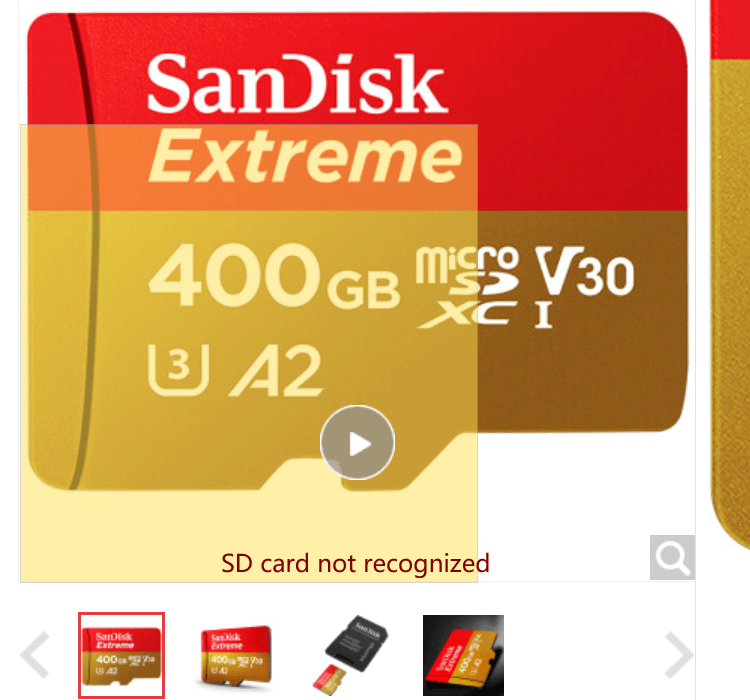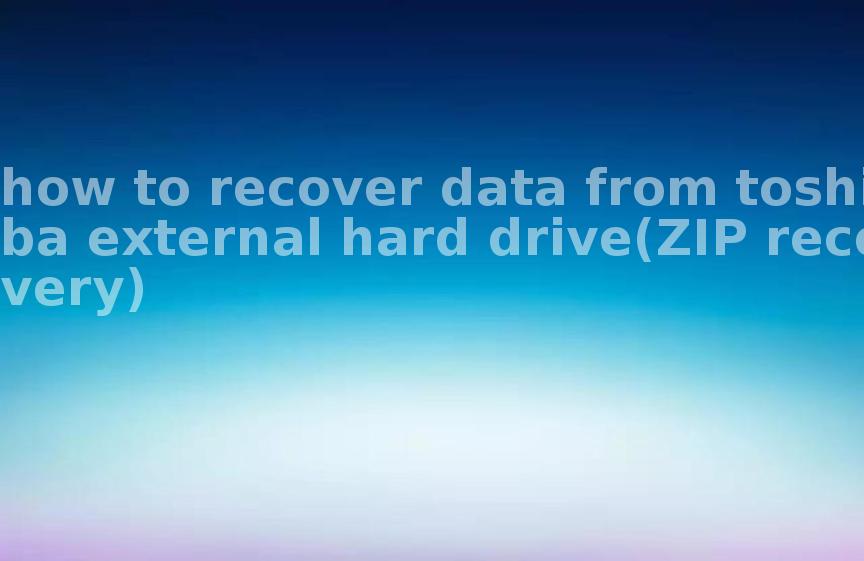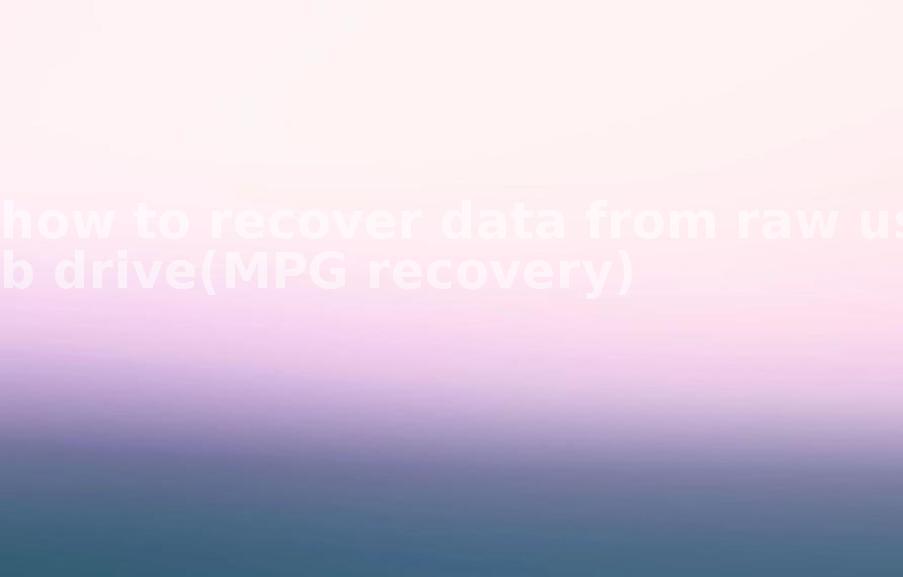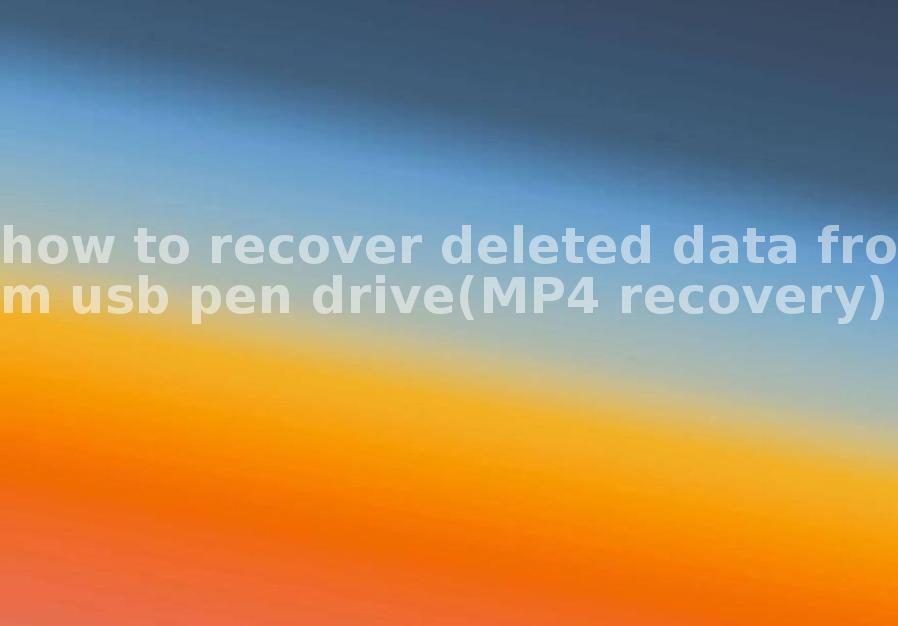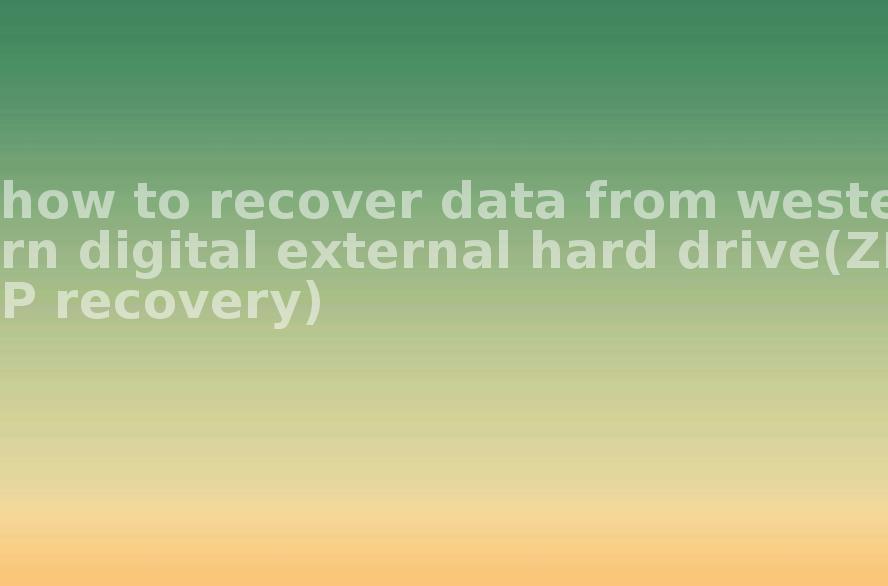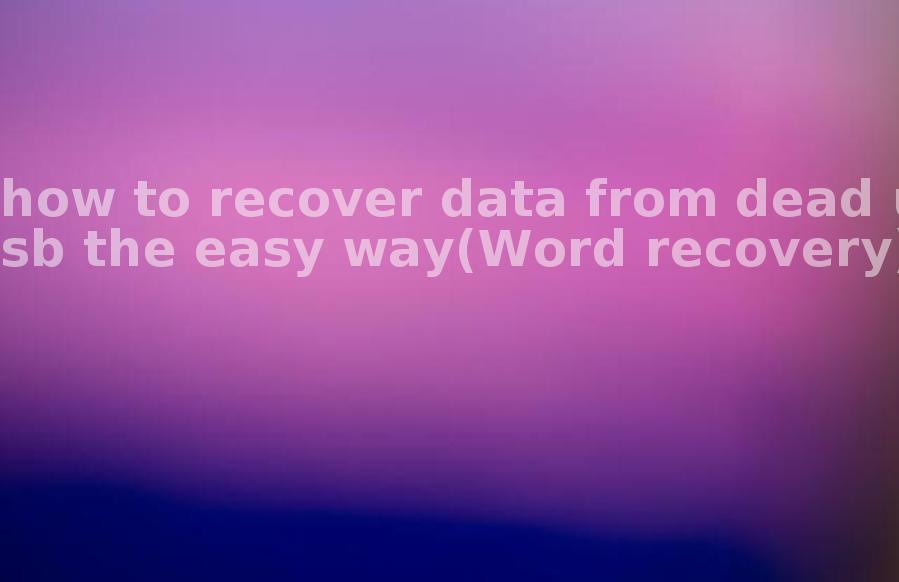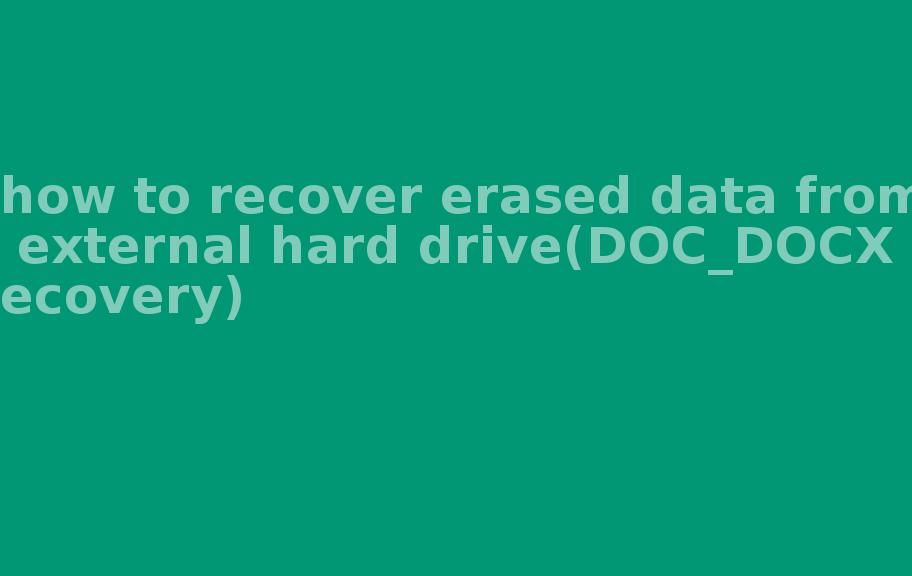how to decrypt .lockbit engineers help users
2023-05-08 17:55 477
What is .lockbit virus?
.lockbit is a type of ransomware (ransomware) that encrypts files on infected computers and demands that victims pay a ransom to obtain a decryption key. This ransomware first appeared in 2019 and there are already several versions and variants. .lockbit features encryption of files using the AES-256 encryption algorithm and changes the file extension to .lockbit. victims are usually asked to pay digital currency such as Bitcoin as ransom and receive the decryption key upon payment.
Hazards of .lockbit and solutions
.lockbit is a malware that belongs to a type of ransomware virus. Its main danger is to encrypt the files in the user's computer and then extort the user to pay a ransom in order to recover the files. Once infected, .lockbit virus creates a file on the computer and saves the encryption key in that file. It then starts encrypting all the files on the user's computer, whether they are documents, pictures, videos, etc. Once the encryption is complete, the .lockbit virus generates a ransom message file that tells the user they must pay a certain amount of bitcoins to decrypt the file. Otherwise, the user will lose their files forever.
For computers that have been infected with the .lockbit virus, users should immediately disconnect from the Internet and contact a network security expert or anti-virus vendor immediately for help and advice. In addition, users may also consider using some anti-ransomware software, such as Bitdefender, Kaspersky, etc., which can help users detect and remove ransomware and may help recover encrypted files. However, please note that using these software does not guarantee a complete solution to the problem, so users should take precautions such as backing up data regularly and keeping operating systems and applications up to date to reduce the risk of ransomware infection.
.lockbit engineers help users how to decrypt
Since .lockbit virus is an encrypted virus, it is usually impossible to decrypt files easily. However, there are some tools and techniques that can help victims try to recover encrypted files.
First, if your computer has been attacked by a .lockbit virus, be sure to contact a security expert immediately for help. These experts can provide advice on best practices and available tools to minimize the damage.
Second, some anti-virus software can detect and remove .lockbit viruses, but they cannot recover encrypted files. If you have backed up your files, use the backup file to replace the encrypted files. Otherwise, you can try to use some decryption tools to try to recover the encrypted files. For example, the No More Ransom project provides some free decryption tools that you can try to use to decrypt files. However, please note that these tools may not always be successful, and using them may be risky. Therefore, if you are not sure how to proceed, please consult a security expert for advice.
Scenarios for .lockbit applications
.lockbit is a malware that is not usually used in legitimate application scenarios. Instead, it is used in ransom attacks that have serious implications for individual users and businesses. In such attacks, hackers break into the victim's device and network through network vulnerabilities, malware, etc., and then encrypt files and demand a ransom to restore access to them. Therefore, .lockbit is not a normal application, but a destructive malware that should be avoided on any computer if possible.
.lockbit targets database Server ransom specific methods and phenomena
.lockbit is a common ransomware virus that can target databases and servers. Specifically, it can exploit various vulnerabilities and weaknesses, such as unpatched system vulnerabilities, weak passwords, insecure configurations of Remote Desktop Protocol (RDP), etc., to invade enterprise databases and servers by means of network attacks and encrypt or tamper with the data therein, thus making them unusable or inoperable.
The typical phenomenon of .lockbit attack is that important data in the victim's database or server is encrypted or tampered with, and a ransom message appears, and the ransom virus threatens the victim to pay a certain ransom to get the method and tools to decrypt or recover the data.
For databases and servers subjected to .lockbit attacks, the following measures are recommended:
Timely backup of important data: Regular backup of data can help enterprises recover data quickly and reduce losses.
Network security protection: Strengthen network security protection measures to avoid security vulnerabilities as much as possible.
Patch system vulnerabilities: Regularly check and patch system vulnerabilities and update security patches to strengthen system security.
Strengthen password policy: Strengthen password policy, use strong passwords, and avoid using simple passwords.
Use anti-virus software: Install and regularly update anti-virus software, monitor and check the system in real time to detect and remove virus threats in a timely manner.
Work with a professional team: After suffering a ransomware attack, you should immediately work with a professional security team to develop a recovery and decryption plan to prevent deterioration and spread.
Types of businesses and units of .lockbit ransom
Since crooks usually choose relatively wealthy enterprises or organizations for ransom, the types of enterprises and units for .lockbit ransom are relatively broad, including but not limited to the following types:
Government agencies and public utilities, such as hospitals, schools, public transportation, etc;
Financial institutions, such as banks, securities companies, insurance companies, etc;
Manufacturing enterprises, such as automobiles, aircraft, shipbuilding, machinery, etc;
Retail and wholesale enterprises, such as supermarkets, department stores, e-commerce platforms, etc;
Energy and power enterprises, such as oil, gas, electricity, etc;
IT enterprises, such as software, cloud computing, network security, etc;
Entertainment and cultural industries, such as movies, music, games, etc.
In short, any enterprise and unit that has stored data and money transactions can be the target of .lockbit ransom attack.


